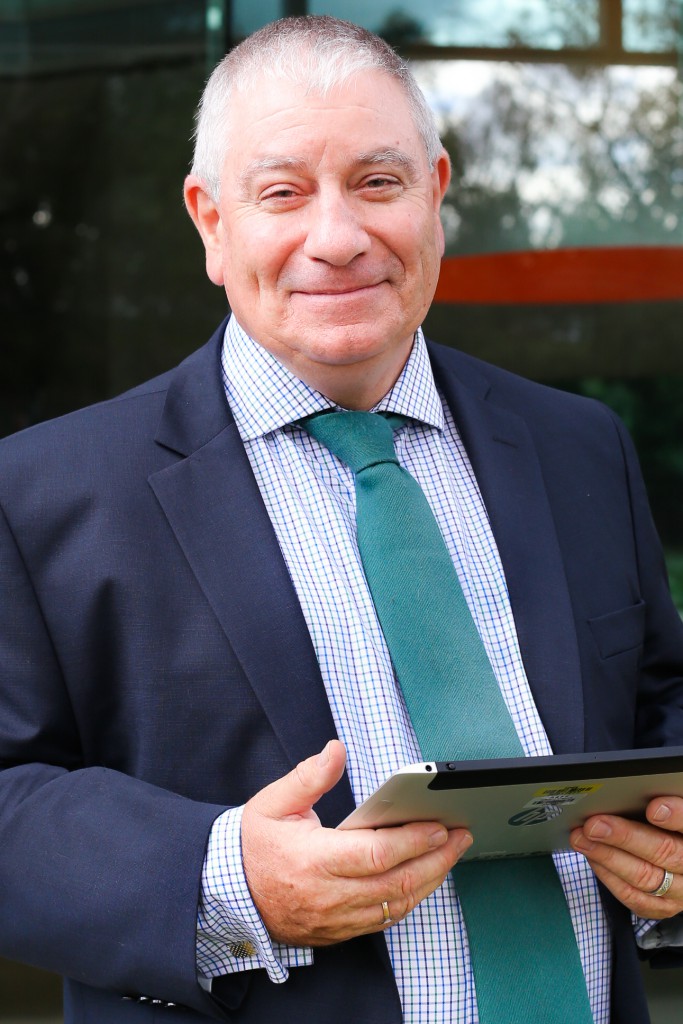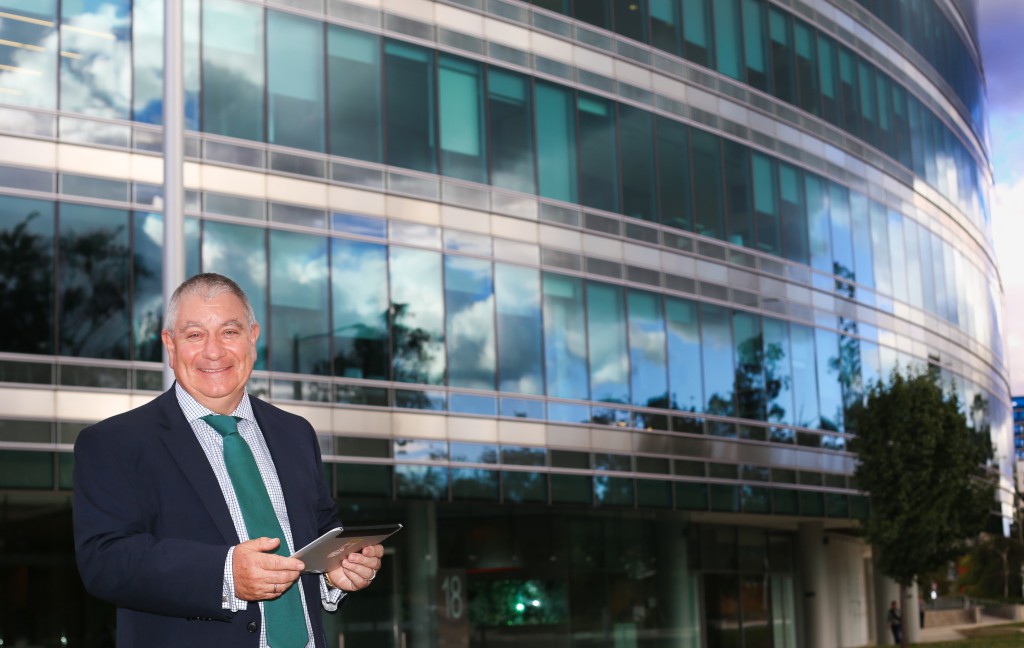 Graham Gathercole, CIO, Department of Agriculture
Graham Gathercole, CIO, Department of Agriculture
We have a technology revolution underway at the Department of Agriculture, one that has delivered huge benefits in mobility and connectivity for our people who work on the biosecurity front line.
Our department’s remit includes agriculture, fisheries and forestries. A large chunk of our business is protecting those industries from pests and diseases. Our biosecurity officer’s work in seaports, airports and mail centres around the country and their work is vitally important for the future of the country. We have around 4000 departmental staff and close to 300 sites across Australia and a relatively small IT department with around 135 employees.
Previously, access to our systems was challenging from a mobility and connectivity perspective which impacted our field workers productivity. As a result, three years ago we began evaluating a number of devices to run Windows 8.1 and our direct access technology and we settled on the HP Elite Pad. We’ve now rolled out around 500 of these tablets. By the end of December 2016, there will be 1000 more tablets deployed.
The innovation we have got from this platform has been incredible, from the point of view of both staff and clients. For example our inspectors used to go to sites and they would need to file a lot of paperwork. Sometimes this would take 24 hours to process, now if there are no issues, they can be in and out in under 15 minutes. Goods used to take 24-48 hours for clearance – now we can do almost on the spot clearance. Our clients have told us they only want officers with tablets doing their import clearances because those officers can do what’s necessary in real time at the point of service.
Our clients have told us they only want officers with tablets doing their import clearances because those officers can do what’s necessary in real time at the point of service.
Another side benefit of Windows 8 has been Direct Access – it allows access for tablets and PCs in remote sites. Tablets are set up so all the apps integrate with each other and our staff can use the programs in the field very easily. We have officers working at some of the most remote places in the country and now they have performance on their tablet that matches what they would get if they were sitting at a desk in the national office.
Surprisingly but gratifyingly, people who were used to the older technology have really jumped on board this new platform. They have taken what we’ve built far beyond what we dreamed. Our employees are either import or export – now they can multi skill when travelling regionally.
We continue to get great feedback from the field. In one recent example, an officer was carrying out a post quarantine detection at a private residence and used the tablet to take photographs and supply information directly to the Cargo Compliance Verification and Operational Science Programs. OSP promptly issued a Biosecurity Pest Notification for Exotic Powder Post Beetle and a recall on the consignment. At the scene, the officer used the tablet to interview the owner of the timber cabinet while submitting the incident and explaining the procedure. For her part, the owner appreciated her concerns were being lodged professionally in front of her on the incidents database.
Now we are working on new software to be used on the tablets for inspections at seaports, on board vessels that are coming into the country. That is going to deliver a totally paperless environment which is really exciting as there is currently quite a lot of paper involved in that type of inspection.

Already, we have retired two of our larger paper-based materials – the food standards manual and operating instruction manuals. These can now be stored online and, if needed, accessed from any site.
I think the training that has accompanied the roll out through the pilot has been a great success. It covered use of the device running Windows 8.1.1 and Microsoft Office 2013, as well as the relevant business applications. We continued to survey those who had been through the training as they use the technology in the field and that has helped to determine refine training and support as we went on.
It gives them the technology they need to do their job. When they turn up to work they don’t have to be a technologist as well as a scientist or vet or bio security officer.
We have supported the training with newsletters, tips and tricks, shared feedback accessible via a SharePoint team and of course the ICT helpdesk. We have also nominated supervisors to champion the devices and accompanying business process changes. These champions each support about 10 officers and regularly report issues, new ideas and other feedback to the pilot support team.
We have a small trial program for Windows 10 and expect to transition to the new operating system during 2016. People are very comfortable with Windows 10. It gives them the technology they need to do their job. When they turn up to work they don’t have to be a technologist as well as a scientist or vet or bio security officer.





